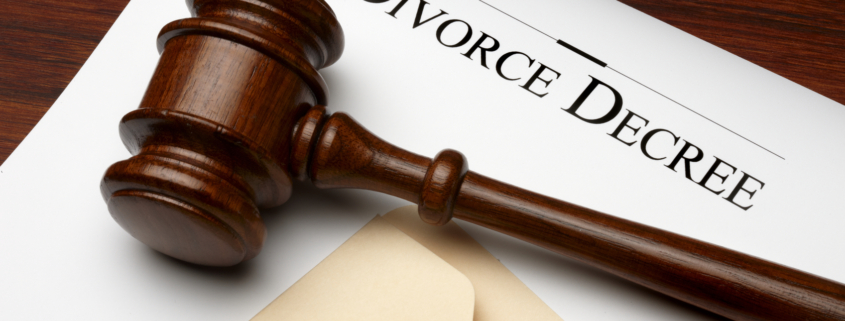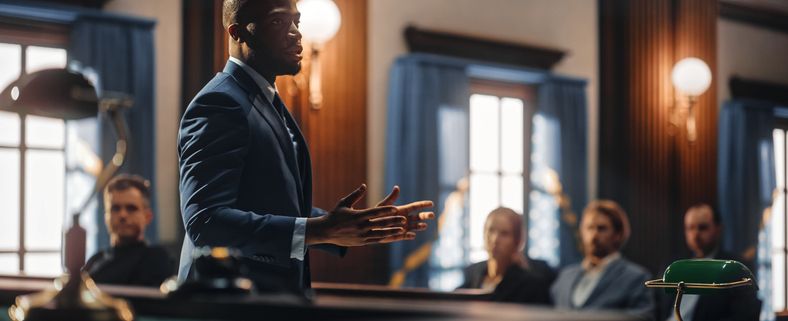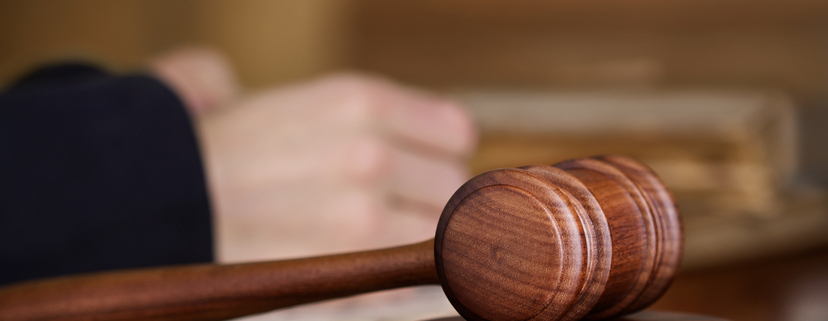Protecting Your Assets in a High Net-Worth Divorce
Orlando is home to a thriving community of professionals, business owners, and collectors who have acquired significant assets over time. Among these assets, high-value collectibles can present unique challenges during a divorce. Whether it’s fine art, rare wines, vintage cars, jewelry, or other valuable collections, determining how these assets are divided requires careful legal strategy. As an Orlando high net-worth divorce Attorney, I handle cases where clients need to protect their interests in valuable assets during divorce proceedings.
I’m Beryl Thompson-McClary, and I represent clients in high-asset divorces throughout Orange County, Florida. If you are facing a divorce that involves valuable collectibles, I can provide the legal guidance you need. Call me at 1-888-640-2999 to schedule a consultation and discuss your options.
Understanding High-Value Collectibles in Florida Divorces
Collectibles hold both financial and sentimental value, making them a contentious issue in many divorces. In Florida, property is divided under equitable distribution laws, meaning assets are not necessarily split equally but fairly based on various factors. Collectibles acquired during the marriage are typically considered marital property, while those obtained before marriage or through inheritance may be classified as separate property under Florida Statutes §61.075.
Key Legal Issues in Dividing Collectibles
The division of high-value collectibles can be complicated by:
- Ownership Disputes: Determining whether a collectible is separate or marital property.
- Valuation Issues: Establishing the true market value of rare or unique items.
- Appraisals and Expert Testimony: The need for professional valuation to support claims.
- Hidden Assets and Fraud: Ensuring all collectibles are disclosed and accounted for.
- Liquidity Concerns: Some collectibles cannot be easily divided or sold without significant loss.
Whether you are the spouse looking to retain a collection or the one seeking a fair share, I will work to ensure that your financial interests are protected under Florida law.
Florida Law and Equitable Distribution of Collectibles
Under Florida Statutes §61.075, courts consider several factors when determining how marital property is divided, including:
- Each spouse’s contribution to acquiring or maintaining the collectible.
- Whether the collectible increased in value during the marriage due to joint efforts.
- The economic circumstances of each spouse after the divorce.
- The impact of asset division on the overall financial balance between spouses.
If a collectible was acquired during the marriage, it is generally considered marital property, even if only one spouse was involved in purchasing or maintaining it. However, if a collectible was inherited, gifted, or owned before marriage and remained separate, it may be classified as non-marital property, making it exempt from division.
Valuing High-Value Collectibles in Divorce
One of the most complex aspects of dividing collectibles is determining their fair market value. Valuation methods may include:
- Professional Appraisals: Using certified experts to determine current market value.
- Auction Records: Reviewing recent sales of similar items to establish worth.
- Insurance Valuations: Utilizing prior appraisals for insurance coverage.
- Expert Testimony: Engaging specialists in rare collectibles to provide legal testimony if disputes arise.
If a dispute arises over valuation, I will ensure that qualified experts provide credible assessments to protect your interests.
Options for Dividing Collectibles in Divorce
There are several ways to handle collectibles during a divorce settlement, including:
- Buyout Agreements: One spouse compensates the other for their share of the collection.
- Asset Offsets: Assigning other marital assets (such as real estate or investments) to balance the division.
- Selling the Collection: Liquidating collectibles and splitting the proceeds.
- Shared Ownership: In rare cases, spouses may agree to retain joint ownership.
I work with clients to determine the best strategy based on their financial and personal goals.
Common Disputes Over High-Value Collectibles
When dividing valuable collections, disputes often arise regarding:
- Undervaluing Assets: One spouse claims a collection is worth less to gain an unfair advantage.
- Hiding Collectibles: Attempting to conceal assets to avoid division.
- Sentimental Value Conflicts: Disagreements over personal attachment to collectibles.
- Tax Consequences: Understanding capital gains implications for selling high-value items.
As your attorney, I will ensure that your spouse fully discloses all assets and that your rights are protected in court or during negotiations.
FAQs About Dividing High-Value Collectibles in Florida Divorce Cases
How do I prove that a collectible is separate property in a Florida divorce?
Documentation is key. If you acquired a collectible before the marriage, inherited it, or received it as a gift, maintaining receipts, provenance records, or previous appraisals can help establish it as separate property. If marital funds were used for restoration or maintenance, the collectible might still be considered partially marital property.
Can a spouse hide collectibles to avoid sharing them in a divorce?
Attempting to hide assets is illegal and can lead to severe legal consequences. If there is suspicion of hidden collectibles, forensic accountants and asset-tracing experts can uncover undisclosed assets. Courts may penalize a spouse for failing to disclose assets, potentially awarding the full value to the other spouse.
How is the value of a collectible determined in a high net-worth divorce?
A qualified appraiser assesses market value by examining recent auction results, rarity, condition, and demand. In cases where valuation disputes arise, both parties may present expert opinions, and the court will decide which valuation is most credible.
What if my spouse wants to keep a collection that I helped build?
Your contributions to acquiring, maintaining, or improving a collection can impact how a court distributes the asset. If you helped financially or through effort, you may be entitled to compensation or an equivalent share of other marital assets.
Can we negotiate who keeps which collectibles instead of selling them?
Yes. Many spouses prefer negotiating a property division agreement rather than leaving it to the court. A buyout, asset offset, or structured settlement can allow one spouse to retain the collection while ensuring fair compensation for the other.
What tax implications should I consider when dividing collectibles in a Florida divorce?
Capital gains taxes may apply if collectibles are sold, especially if their value has appreciated significantly. Consulting with a tax professional can help you assess the financial impact before making decisions about asset division.
How can a high net-worth divorce Attorney in Orlando help with collectible division?
Handling high-value assets in a divorce requires legal knowledge and financial strategy. I work to ensure proper valuation, full asset disclosure, and strategic negotiations that protect your interests. Whether you want to retain your collection or secure a fair share, I will advocate for your rights throughout the process.
Contact Orlando Attorney Beryl Thompson-McClary at 1-888-640-2999 For A Consultation
If you are facing a high net-worth divorce involving valuable collectibles, legal guidance is essential. I am committed to helping clients protect their financial interests while ensuring fair asset division. Call 1-888-640-2999 today to schedule a consultation and discuss your case.
Beryl Thompson-McClary
Address: 390 N Orange Ave #2300, Orlando, FL 32801, United States
Hours: Open
Phone: 1-888-640-2999
Google Business Profile
Directions










